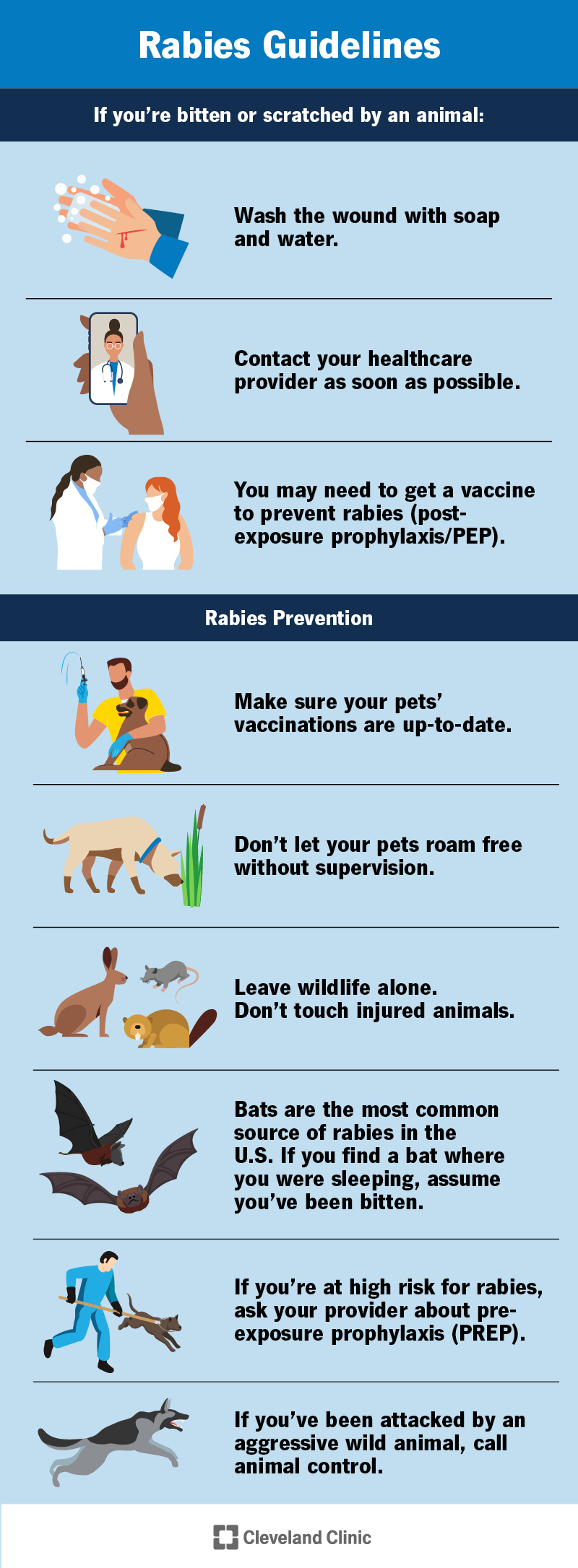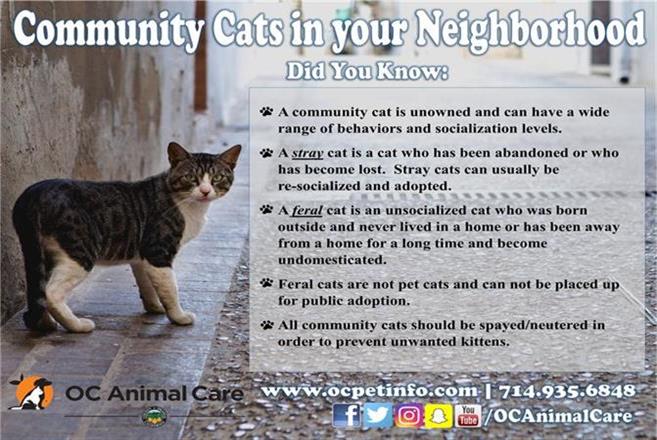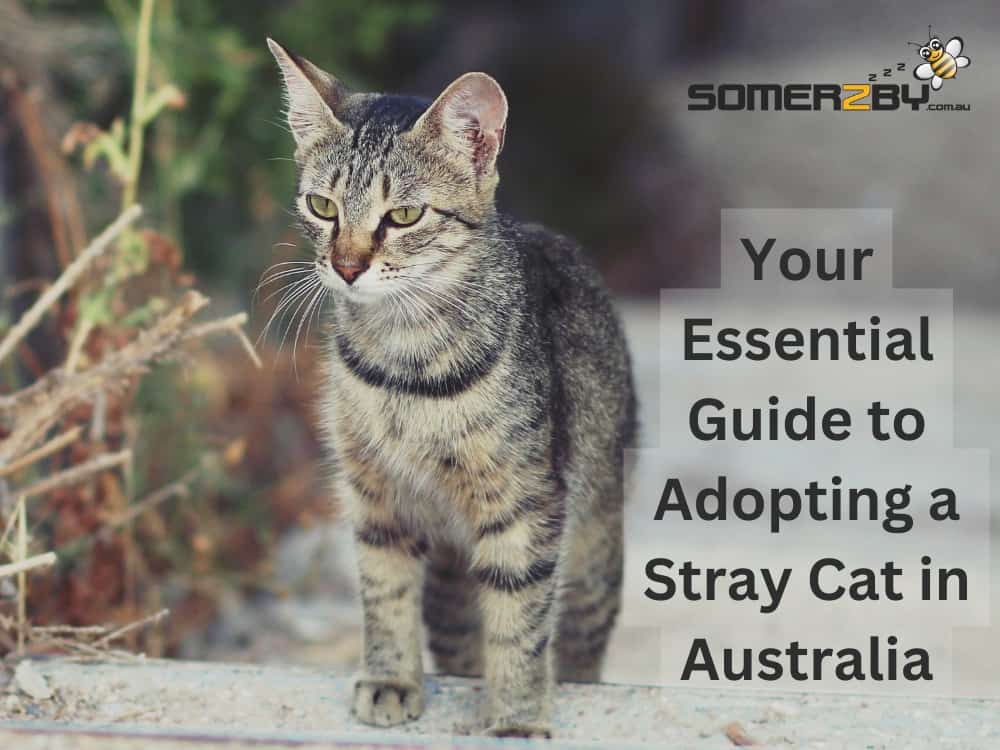If a feral cat bites you, wash the wound immediately and seek medical attention. Ensure to report the bite to your local health department.
Dealing with a feral cat bite is crucial for your health and safety. Immediate and proper action can prevent infections such as rabies or cat-scratch disease, which can be serious if left untreated. Clean the bite wound thoroughly with soap and water to eliminate bacteria from the cat’s mouth.
After cleaning, prompt medical assessment is essential, as a healthcare provider may recommend a tetanus booster, rabies vaccination, or antibiotics to prevent infection. It’s also important to observe the cat, if possible, for signs of illness and to report the incident to animal control or local public health authorities. They can help ensure the incident doesn’t lead to further problems and that the feral cat population is managed responsibly.
Initial Response To A Feral Cat Bite
Experiencing a feral cat bite can be alarming. Immediate action is crucial to reduce risks of infection. This guide provides clear steps to ensure that you handle the situation swiftly and safely.
Clean The Wound Immediately
Feral cat bites introduce bacteria into the skin, posing infection risks. Begin by rinsing the bite mark with soap and water:
- Wash your hands thoroughly to reduce contaminant transfer.
- Run warm tap water over the wound for several minutes.
- Apply a gentle soap and lather carefully around the area.
- Rinse again to ensure all soap is removed.
Pat dry with a clean towel after and avoid harsh rubbing which can aggravate the wound.
Stop The Bleeding
If the wound is bleeding, taking swift measures is necessary to manage blood loss. Follow these steps:
- Apply a sterile gauze or a clean cloth to the bite.
- Press down gently but firmly to stem the flow.
- Keep pressure for a few minutes until the bleeding stops.
- If bleeding persists, elevate the wound above heart level and continue applying pressure.
Should bleeding not cease after 10-15 minutes, seek medical attention immediately.

Credit: www.facebook.com
Assessing The Severity
Understanding the severity of a feral cat bite is crucial. A bite from any animal can range from a minor scratch to a serious injury. Knowing how to assess the damage and respond appropriately can prevent further complications.
When To Seek Medical Attention
Immediate medical attention is necessary in certain circumstances. Look for these warning signs:
- Deep puncture wounds that may reach muscles or bones
- Bleeding that does not stop after a few minutes of pressure
- Bites on the face, neck, or hands, areas more prone to infection
- Red streaks leading away from the bite
- If bitten by a rabies-suspected feral cat
Signs Of Infection To Watch For
After a cat bite, monitor the wound closely. Signs of infection can develop, demanding prompt treatment. Be on the lookout for:
| Symptom | Description |
|---|---|
| Redness | Area around the bite becomes warm and red |
| Swelling | Wound or nearby area swells |
| Pain | Pain increases rather than subsides |
| Pus | White or yellow drainage from the bite |
| Fever | Body temperature rises unexpectedly |
Medical Treatment Options
Immediate medical attention is crucial after a feral cat bite. A quick response can prevent serious infections. Bites can transmit harmful bacteria, leading to infection. Seek professional healthcare advice without delay.
Tetanus Shots And Why They Matter
Tetanus is a serious infection caused by bacteria. It can lead to muscle stiffness and lockjaw. If bitten, a tetanus shot might be necessary. It’s crucial if you haven’t received one in the past ten years. Doctors often recommend a booster to keep you safe.
Rabies Vaccination And Precautions
Feral cats may carry rabies. This disease affects the brain and is usually deadly. If a feral cat bites you, you need immediate care. Health providers will assess your need for a rabies vaccination. Follow their guidance closely to ensure full protection.
| Vaccination | Description | Importance |
|---|---|---|
| Tetanus | Prevents bacterial infection | Essential for wound care |
| Rabies | Prevents viral infection | Critical if animal is rabid |
- Wash the wound immediately with soap and water.
- Cover the area with a clean bandage.
- Contact a healthcare provider right away.
- Report the bite to local animal control.
- Keep track of the wound for signs of infection.
- Attend all follow-up appointments as directed.
Home Care Post-bite
If a feral cat bites you, it’s important to act quickly to minimize risks and promote healing. A cat’s bite can introduce harmful bacteria that may lead to infection. After you’ve cleaned the wound and sought medical attention if necessary, proper home care will support your recovery. Follow these steps to care for your bite at home.
Dressing and Bandaging the BiteDressing And Bandaging The Bite
Keep the wound clean to prevent infection. Use these steps to dress and bandage the bite:
- Clean the bite gently with soap and warm water.
- Apply an antibacterial ointment to ward off infection.
- Cover the bite with a sterile bandage or gauze.
- Change the dressing daily or anytime it becomes wet or dirty.
Pain Management And Swelling Reduction
After a feral cat bite, you might experience pain or swelling. To alleviate these symptoms, consider the following:
| Action | Benefit |
|---|---|
| Apply a cold pack | Reduces swelling and numbs pain |
| Keep the wound elevated | Minimizes swelling |
| Take over-the-counter pain relievers | Alleviates pain (always follow label directions) |
Preventing Future Incidents
After experiencing a feral cat bite, it’s crucial to take steps to prevent it from happening again. Educating yourself on feral cat behavior and adopting safe practices can reduce risks. This section explores key strategies.
Understanding Feral Cat Behavior
Feral cats live with minimal human contact. Recognizing their behavior is essential to coexist peacefully. Feral cats may see humans as threats, leading to defensive actions such as biting. Below are insights into their behavior:
- Feral cats are territorial, preferring a solitary life.
- They often hunt at night and avoid people.
- Sudden movements or noises can startle them.
- Maintaining distance is best to reduce stress on the animal.
Safe Practices Around Feral Cats
When near feral cats, safety is paramount. Here are practices to keep yourself and the cats safe:
- Do not approach or attempt to touch them.
- Avoid feeding them unless part of a TNR (trap-neuter-return) program.
- Use a calm voice if you must speak near them.
- Watch your body language; slow movements are less threatening.
- Keep pets inside to avoid negative interactions.
| Do’s | Don’ts |
|---|---|
| Use calm voice | Approach or touch |
| Slow movements | Feed |
| Keep distance | Make loud noises |
Taking these precautions can greatly reduce the likelihood of future incidents. Your safety and well-being are as important as the welfare of the feral cats.

Credit: my.clevelandclinic.org
Reporting And Legal Considerations
Dealing with a feral cat bite requires immediate attention, not only for your health but also due to potential legal implications. Understanding the necessary steps, such as notifying authorities and knowing the law regarding rabies quarantines, is crucial. This guide outlines what you should do from a reporting and legal standpoint if a feral cat bites you.
Notify Local Animal Control
The first step after a feral cat bite is contacting local animal control. Time is of the essence to ensure public safety and rapid response. The actions to take include:
- Detail the incident: Describe what happened during the bite.
- Provide cat description: Include size, color, and specific markings.
- Location of the encounter: Inform the exact place you were bitten.
Your report helps animal control officers assess the situation. They can then take steps to prevent further incidents.
Legal Responsibility And Rabies Quarantine
After a feral cat bite, legal issues may arise, especially concerning rabies. The following points highlight key responsibilities:
- Seek medical attention first: A doctor must evaluate you for rabies risk.
- Contact the health department: They may mandate a rabies quarantine for the cat.
- Quarantine process: The cat is observed for signs of rabies for a specified duration.
Complying with these procedures is vital for your health and aligns with local laws. It ensures a proper and timely response to prevent the spread of the disease.
Remember, quick and informed actions after a feral cat bite protect both you and the community.

Credit: www.amazon.com
Frequently Asked Questions Of What To Do If Feral Cat Bites You
Can You Get Rabies From A Feral Cat Bite?
Yes, you can get rabies from a feral cat bite. Seek immediate medical attention if bitten.
Should I Go To The Er If I Get Bit By A Stray Cat?
Yes, seek immediate ER attention after a stray cat bite, as it might cause infections or rabies, requiring prompt medical treatment.
Do I Need A Shot After Being Bitten By A Stray Cat?
Yes, you may need a tetanus shot and possibly a rabies vaccine after a stray cat bite. Visit a healthcare provider immediately for assessment and treatment.
What Is The Disease From A Feral Cat Bite?
A feral cat bite can transmit diseases such as rabies, tetanus, and bacterial infections including pasteurellosis and cat scratch disease. Prompt medical attention is crucial to prevent complications.
Conclusion
Dealing with a feral cat bite can be alarming. Quick action and proper medical care are paramount. Remember to clean the wound promptly and seek a healthcare provider’s advice. Stay safe and educated about feral animal interactions. Protect yourself; prioritize your health after any wildlife encounter.



